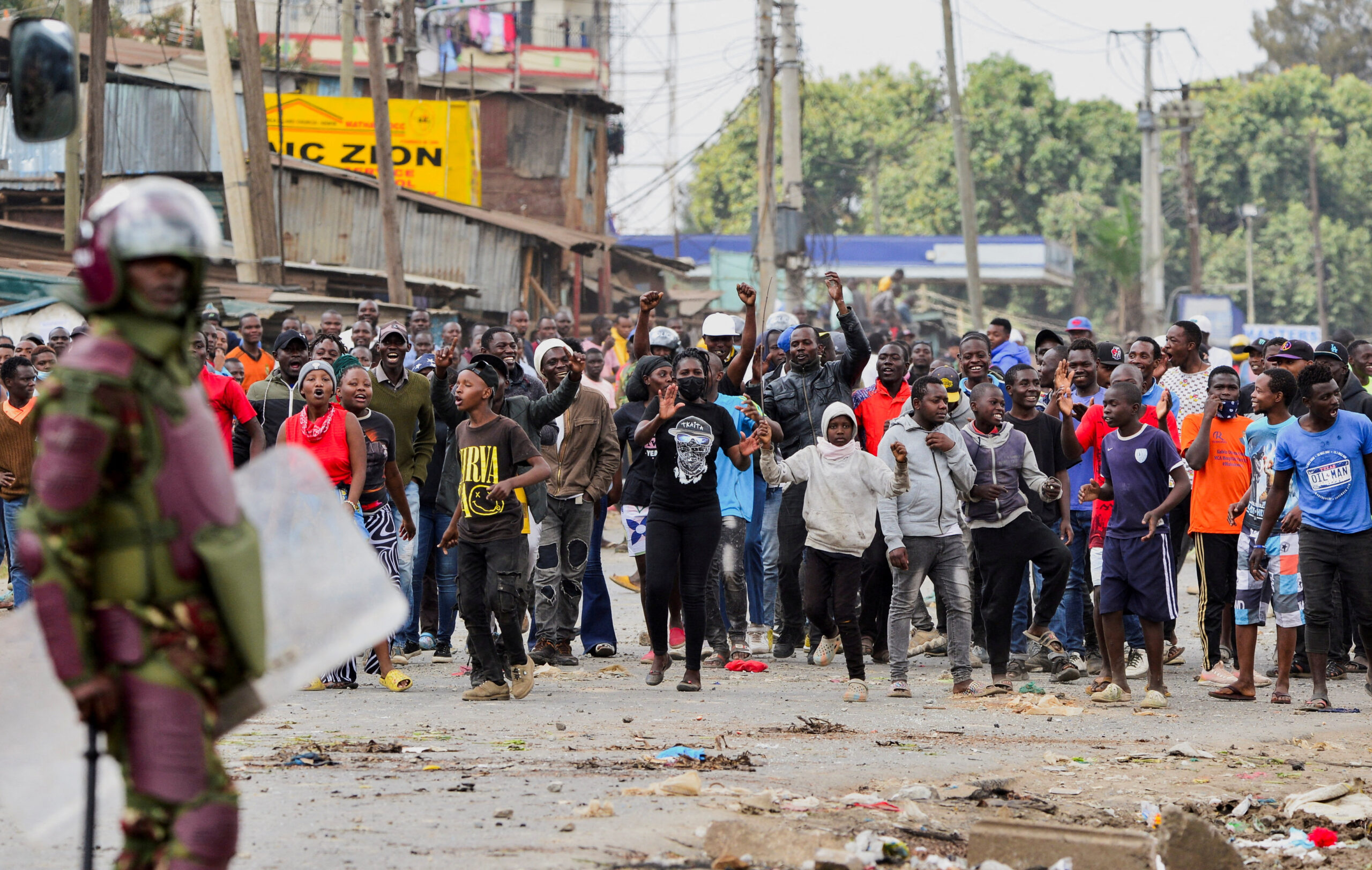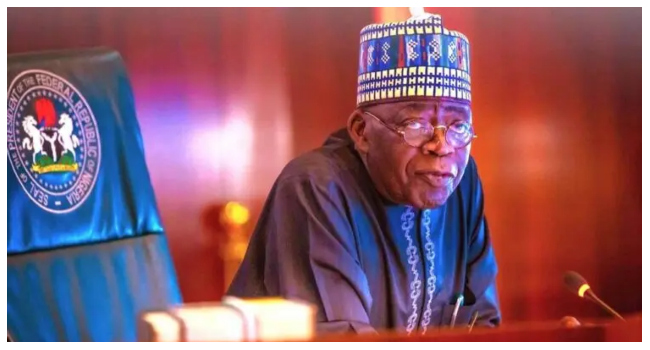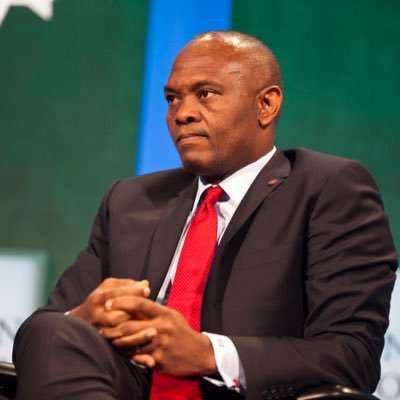In Kenya, scenes of tear gas explosions, masked protesters waving the national flag, and unified chants have persisted for over a month as thousands rally against proposed tax hikes and broader government grievances.
Recently, Kenyan President William Ruto, a prominent U.S. ally, launched a fiery accusation, claiming that anti-government demonstrators were funded by the American philanthropic organization, Ford Foundation.
Protests initially erupted in mid-June following the government’s announcement of a $2.7 billion tax reform plan, which would have increased the cost of essential goods. According to Al Jazeera’s Malcolm Webb in Nairobi, stagnant wages and pervasive corruption have compounded public frustration for years, making the tax proposal a tipping point.
Despite Ruto’s decision to withdraw the finance bill on June 26 and dismiss much of his cabinet while offering talks to address grievances, protests have continued amidst a severe crackdown. The Kenya National Commission on Human Rights reported over 50 deaths, 59 abductions or disappearances, and 628 arbitrary arrests linked to the demonstrations.
On Tuesday, Ruto threatened a “total shutdown” if protests persisted. The following day, he publicly accused the Ford Foundation of funding violence and chaos in Kenya, although he presented no evidence to support this claim.
The Ford Foundation promptly refuted Ruto’s allegation, emphasizing its non-partisan grant-making policy. “While we support peaceful advocacy for a just and equitable Kenya, we condemn any speech or actions advocating violence,” the organization stated.
Analysts criticized Ruto’s accusation as a diversionary tactic from his administration’s challenges. Political analyst Jervin Naidoo noted Ruto’s history of deflecting accountability, citing his previous criticism of external entities during the 2013 elections.
Fergus Kell of Chatham House labeled Ruto’s claim baseless, aimed at undermining widespread public discontent. He highlighted the foundation’s transparent grant records and previous government praise for its work.
Samar al-Bulushi, an anthropology professor, suggested Ruto’s targeting of the Ford Foundation resonated domestically due to perceived political affiliations of certain individuals associated with the organization.
Despite potential diplomatic implications, Kenya’s strategic importance to the U.S. as a major non-NATO ally in counterterrorism efforts in Africa may mitigate any immediate fallout from Ruto’s allegations.
While the Ford Foundation has played a significant role in Kenya’s civil society for decades, perceptions of foreign interference persist among segments of the population and government.






